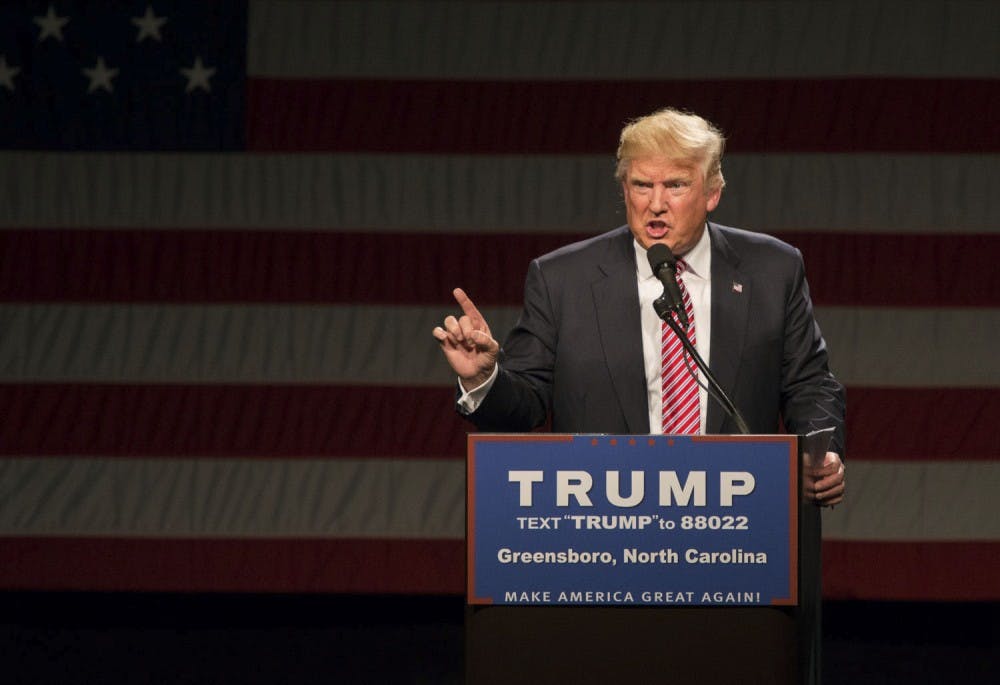“This expansion of power isn’t going to go away just because Donald Trump is in the White House,” Shaw said.
Bureaucracy has traditionally served as a check on executive powers, said William Marshall, a UNC law professor on the panel. But this tradition was disregarded when Trump did not inform the Department of Defense about his order.
“It’s a (part) of what makes a system work, and if you’re going to abandon that, I think it’s problematic,” he said.
Shaw suggested political parties serve as each other’s checks. Marshall said it’s unclear if Congress still effectively serves in that capacity.
“It really isn’t fun to tell your side, ‘Look, I think this is a great idea, but you can’t do it because you don’t have the authority,’” Marshall said.
H. Jefferson Powell, a Duke University law professor, said federal courts have the authority to order that the president not act unlawfully.
Challenges to the orders
The Trump administration has seen lawsuits filed by affected individuals and more localized protests nationwide.
“Pretty soon, corporations, universities and other institutions are going to have all kinds of issues that will threaten the viability of those institutions,” Shaw said.
A lot of pressure is going to come from places that the new administration didn’t expect but will gain influence in the court system, he said.
“Litigation does have a lot of power, despite the authority that belongs to the (president),” Shaw said.
To get the day's news and headlines in your inbox each morning, sign up for our email newsletters.
Powell said it is imperative for people to be informed and form an opinion on Trump’s executive actions.
“This is not a matter in which people should just sit on their hands and say, ‘It’s none of my business,’” he said.
state@dailytarheel.com



